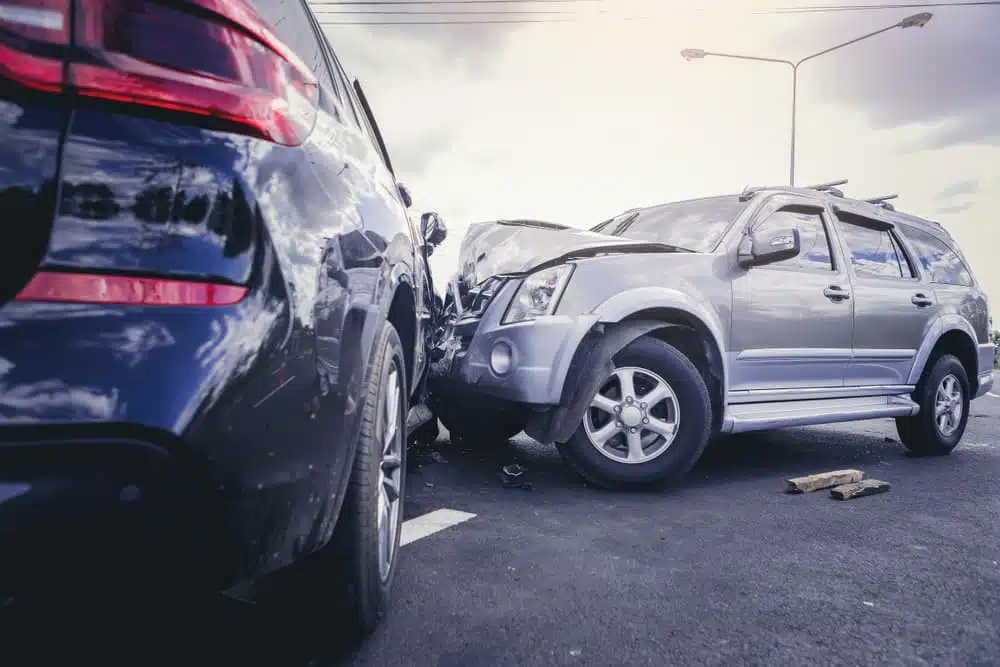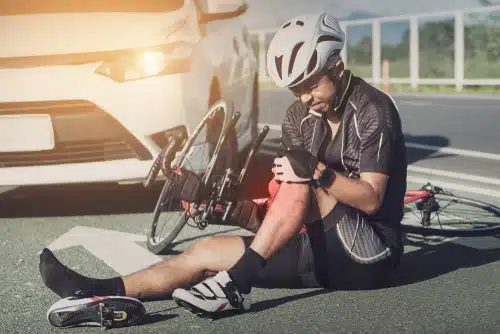Injury lawyer blog
Many people think that figuring out fault for a rear-end car accident is simple, that the driver in back is… Read More
If you’ve been in a car accident, you may not feel the full extent of your injuries right away. It’s… Read More
Being injured in a car accident caused by a negligent driver can take an immense physical and emotional toll on… Read More
Car accidents are always frightening, but when your head takes the impact, the situation can become far more serious. Head… Read More
If a negligent driver hit and injured you while you were riding your bike, you’re not just physically hurt and… Read More
Birth injury

Study Suggests Zofran Not Safe for Use During Pregnancy Many pregnant women are prescribed Zofran as an anti-nausea drug. Yet… Read More
Bus Accidents
Car Accidents
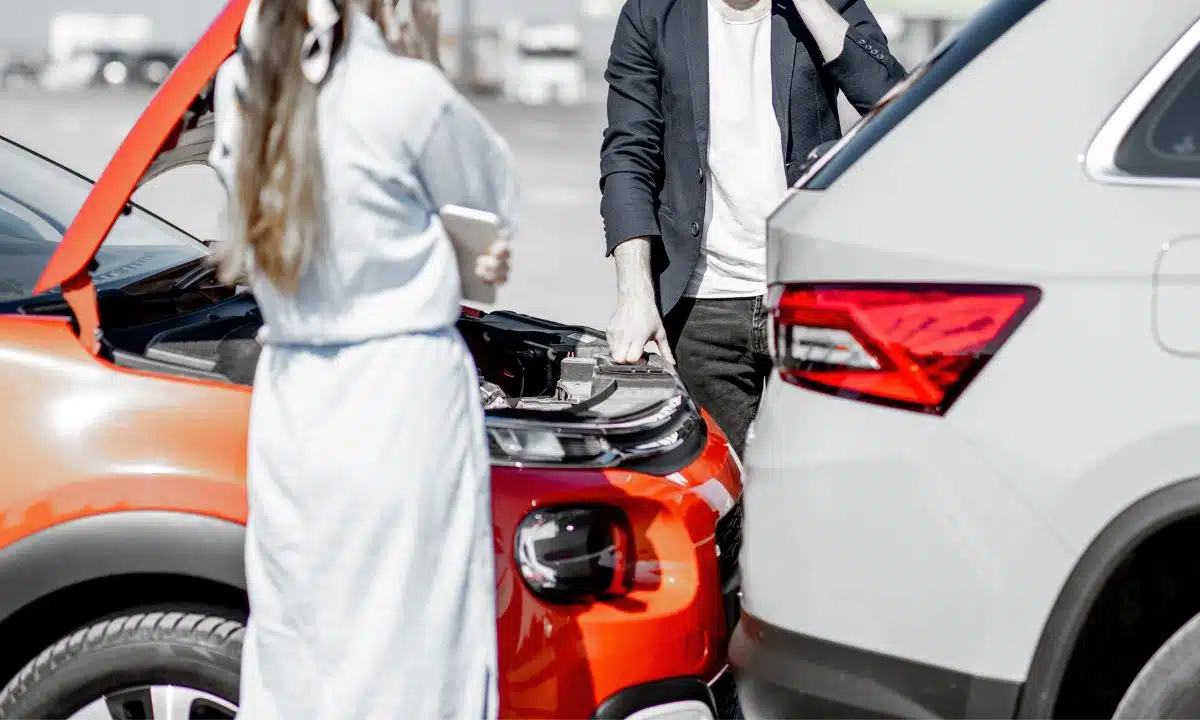
Many people think that figuring out fault for a rear-end car accident is simple, that the driver in back is… Read More
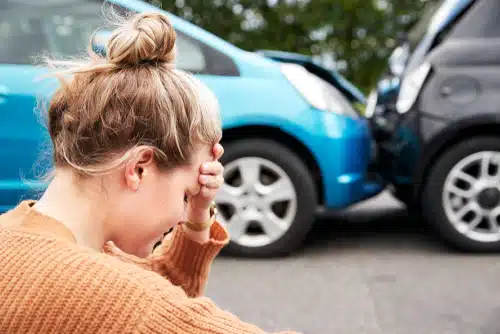
Car accidents are always frightening, but when your head takes the impact, the situation can become far more serious. Head… Read More

Being injured in a car accident caused by a negligent driver can take an immense physical and emotional toll on… Read More
Medical Malpractice

To file a medical malpractice lawsuit in Philadelphia, you’ll need to meet specific requirements and filing deadlines to potentially recover… Read More

When you visit a doctor or hospital, you trust that the medical professionals caring for you will provide the best… Read More

HBO Documentary “Bleed Out” Shows Effects of Medical Mistakes for Patients and Their Families Medical errors happen much more often… Read More
Personal Injury

A serious injury changes your life in an instant. Whether you were injured by a negligent driver on Route 70,… Read More

Speaking to a personal injury lawyer should be at the top of your to-do list after a rideshare accident in… Read More
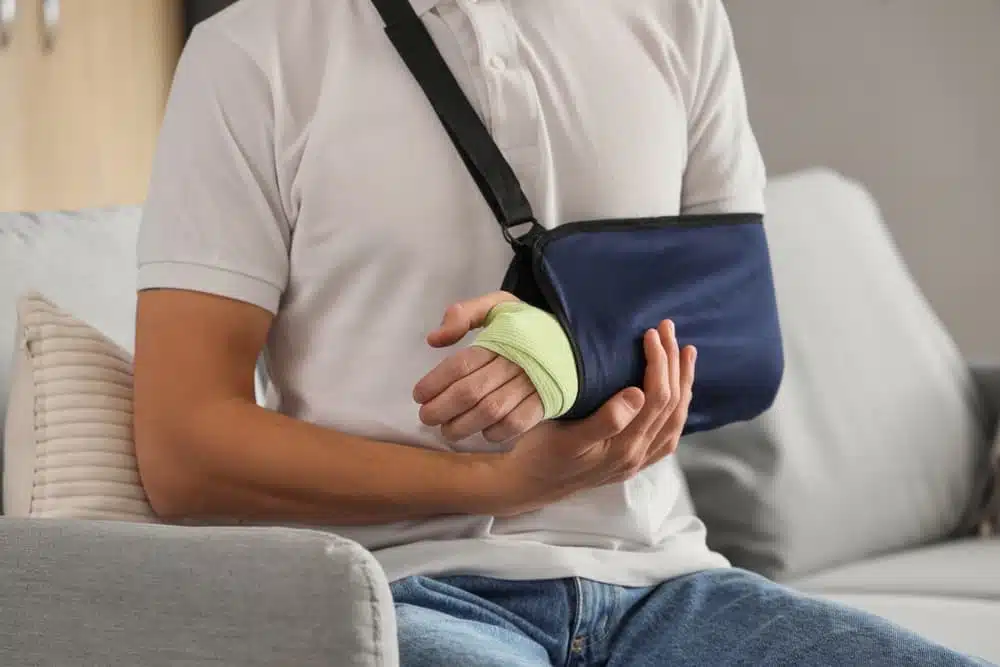
Experiencing an accident can upend your entire world in an instant. Aside from the physical injuries, many victims face emotional… Read More


